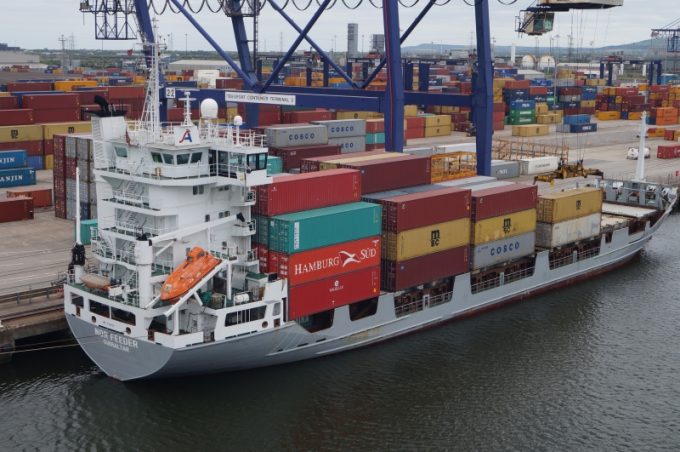Container spot rates diverge: to Europe still falling, but firmer to the US
A divergence in container spot freight rates between the Asia-Europe and Asia-North America trades emerged ...

North European feeder operators are downsizing their fleets to mitigate the impact of falling demand from ocean carrier customers.
One Hamburg-based broker told The Loadstar yesterday there were “very few extensions” being negotiated in the sector.
“Since the end of April, most of my discussions have been related to ...
MSC switches two more Asia-Europe port calls from congested Antwerp
CMA airline returns two freighters, while ANA takeover of NCA looms
Front-loading frenzy has made traditional H2 peak season 'unlikely'
Tradelanes: Export boom in Indian sub-continent triggers rise in airfreight rates
Carriers introduce surcharges as congestion builds at African ports
Mexican airport modernisation plan unlikely to boost cargo facilities
Ports and supply chain operators weigh in on funding for CPB
Box ship overcapacity threat from carrier appetite for new tonnage

Comment on this article